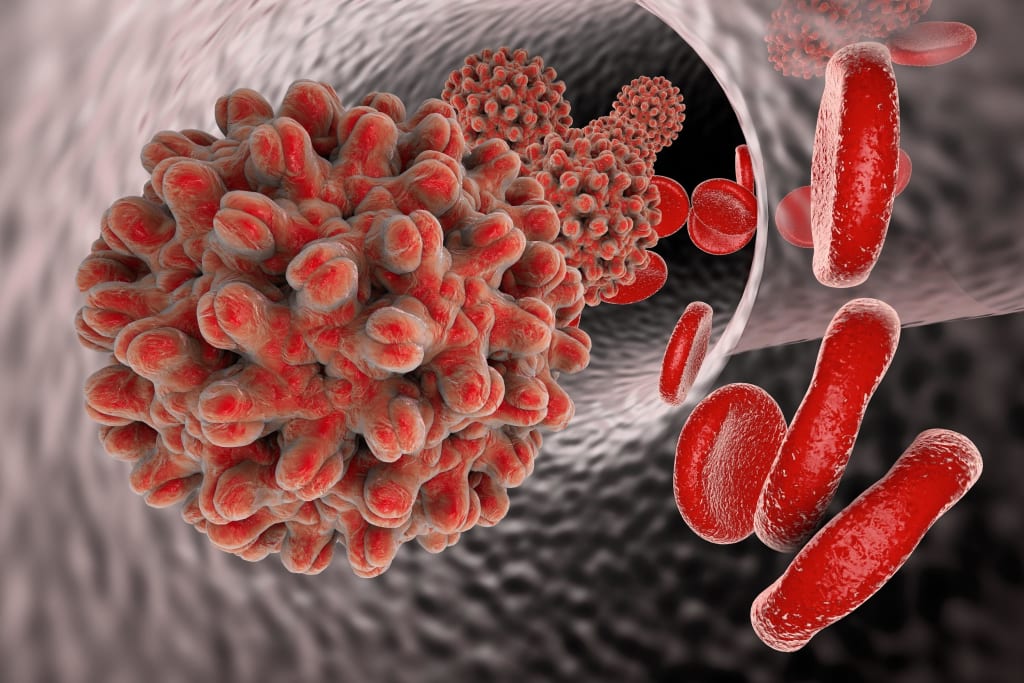
Hepatitis B is a viral infection that affects the liver. The virus is transmitted through contact with the blood, semen, or other bodily fluids of an infected person. Hepatitis B can cause acute or chronic liver disease, and it is a major global health problem, affecting millions of people worldwide.
The symptoms of acute hepatitis B can include fever, fatigue, nausea, vomiting, abdominal pain, and yellowing of the skin and eyes (jaundice). Most people who contract acute hepatitis B recover completely within a few months without any long-term complications. However, some people may develop chronic hepatitis B, which can lead to serious liver problems, including liver failure, liver cancer, and cirrhosis.
Chronic hepatitis B is a long-term condition that can last for many years, or even for a person's entire life. People with chronic hepatitis B may not have any symptoms, but they are at risk of developing serious liver complications. In some cases, chronic hepatitis B can be treated with antiviral medications that can help slow the progression of the disease and reduce the risk of complications.
Hepatitis B is preventable through vaccination, which is highly effective in preventing infection. The hepatitis B vaccine is typically given in three doses, with the second dose given one month after the first, and the third dose given six months after the first. The vaccine is recommended for all infants, as well as for adults who are at risk of contracting the virus.
Risk factors for hepatitis B include unprotected sex, sharing needles or other drug injection equipment, receiving medical or dental procedures in countries where the virus is prevalent, and having a job that involves exposure to human blood or other bodily fluids. People who are at high risk of contracting hepatitis B should consider getting vaccinated, as well as taking precautions to avoid exposure to the virus.
Hepatitis B is a viral infection that can cause serious liver damage and other complications. Vaccination is the most effective way to prevent hepatitis B, but there are other measures that can also help reduce the risk of transmission. One of the most important is practicing safe sex, including using barrier methods such as condoms. Avoiding sharing needles or other drug injection equipment is also critical in preventing the spread of hepatitis B, as the virus can be transmitted through blood and bodily fluids. Additionally, people who work in healthcare settings or other occupations where they may come into contact with human blood or bodily fluids should take precautions such as wearing gloves and other protective gear to minimize the risk of transmission. By following these measures, individuals can help protect themselves and others from the spread of hepatitis B.
For people who have already been infected with hepatitis B, there are several treatment options available. Antiviral medications can help slow the progression of the disease and reduce the risk of complications. In some cases, a liver transplant may be necessary for people with severe liver damage.
It is important for individuals with hepatitis B to take steps to protect their liver health, such as avoiding alcohol and other liver-damaging substances, getting regular check-ups with a healthcare provider, and following any treatment recommendations.
In conclusion, hepatitis B is a viral infection that affects the liver and can cause acute or chronic liver disease. The disease is preventable through vaccination and other measures to reduce the risk of exposure to the virus. For people who have already been infected, there are several treatment options available to help manage the disease and reduce the risk of complications. It is important for individuals to take steps to protect their liver health and follow any treatment recommendations from their healthcare provider. With proper prevention and treatment, the impact of hepatitis B can be minimized, and the health and well-being of individuals and communities can be improved.
About the Creator
Doctor Nadia
I am a doctor and writer who has expertise in writing articles on different topics.






Comments
There are no comments for this story
Be the first to respond and start the conversation.